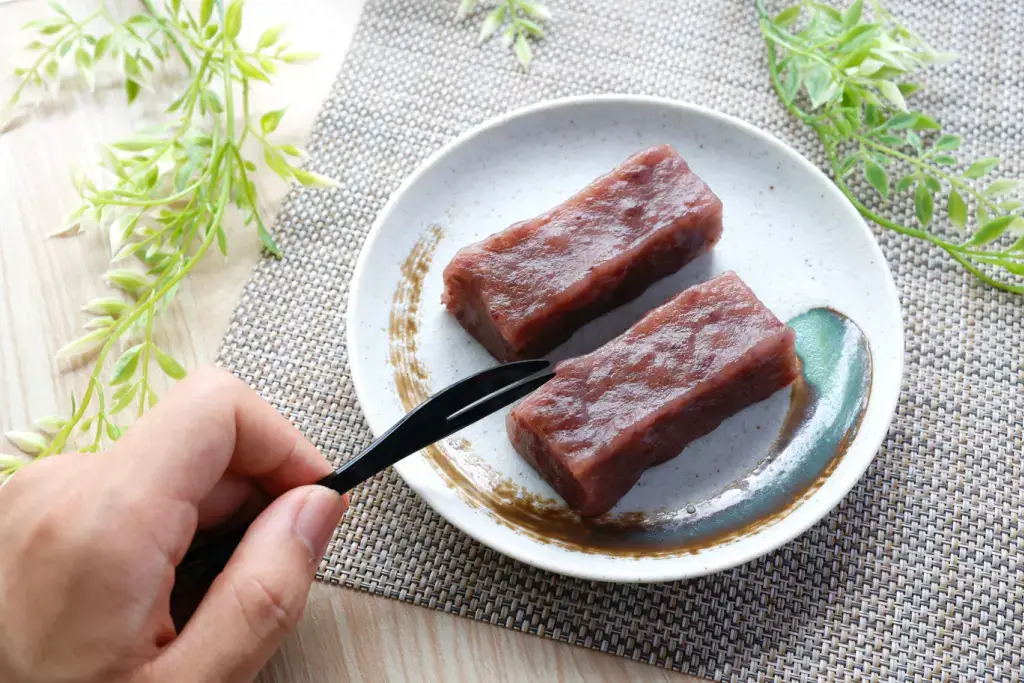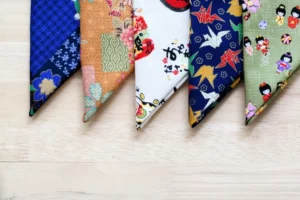Japan is a sweet rice cake paradise, ranging from lovely daifuku mochi (sweet sticky rice cake) to crispy senbei (dry rice cake). Uiro is one of the oldest mochi cakes with a unique shape and flavor. Also, the birth of this cake is a mystery. Let’s learn about this traditional mochi’s origin, its unique features, and the best places to enjoy them!
Table of Contents
ToggleWhat Is Uiro Mochi?
Uiro is a traditional Japanese dessert that is typically rectangular. The recipe has three simple ingredients: rice flour, sugar, and water. Surprisingly, these same ingredients also make mochi, but the preparation method differs. Uiro is steamed instead of pounded, which creates a delightfully chewy texture.
The Origin of Uiro Mochi
Generally, uiro mochi has uncertain origins, but two theories exist to explain its creation. The first theory suggests that Aoyagi Uiro developed and sold uiro during Edo. On the other hand, the second theory proposes that the name uiro might have come from a medicine created by the Odawara Gairo family during the Muromachi period.
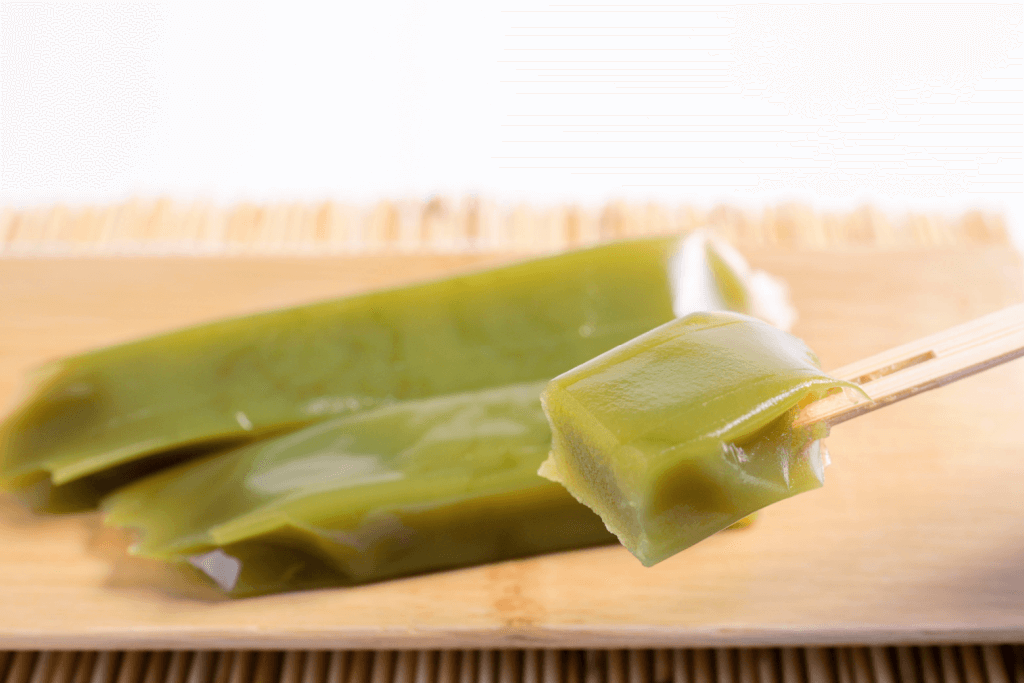
This medicine was so bitter that people needed something sweet to follow it. As a result, people created uiro as a “chaser” for bitter medicine. While the exact origin of uiro mochi remains unclear, both theories provide insight into the possible roots of this sweet treat.
Most people believe that uiro mochi originated in Nagoya, Japan, though there is some disagreement about when it first appeared. In addition to Nagoya, there is traditional mochi in Odawara, Kyoto, Yamaguchi, and Ise.
Different Flavors of Uiro Mochi
The taste of uiro varies by different regions in Japan. Based on the area, the utilization of flour, sugar, the method of making, and even the flavor can be distinctive. In specific locations, Japanese people like to add matcha when making traditional uiro, while bean paste is a common filling in other locations.
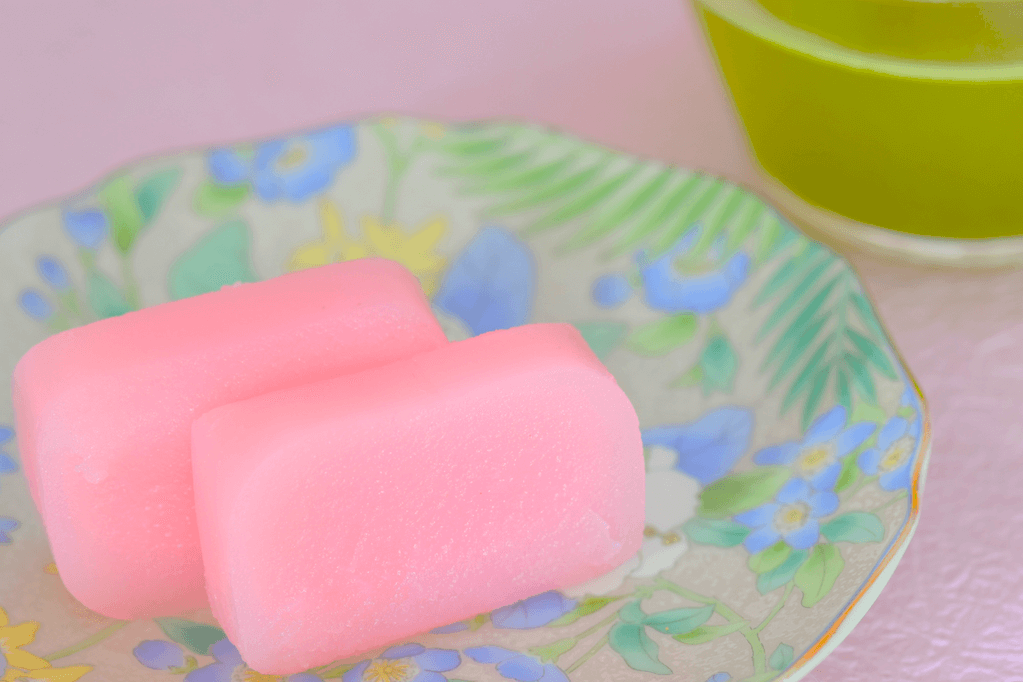
Another example is that only brown sugar is added to this cake in Fukuoka. Using brown sugar instead of ordinary white sugar, the uiro mochi has a pleasant caramel brown color and a unique flavor. In addition, sakura, yuzu (citrus fruit), chestnut, and strawberry are popular uiro mochi flavors.
Are you looking for more classic snacks like uiro mochi? Check out Sakuraco! Sakuraco delivers traditional Japanese snacks, teas, sweets, and snacks from local Japanese makers directly to your door so you can enjoy the latest sweets directly from Japan!

Where to Find The Best Uiro Mochi
Nagoya is famous for its traditional bakeries specializing in uiro, a traditional Japanese sweet made from rice flour and sugar. However, there are uiro shops all over Japan, each offering its unique take on this delicious treat. If you’re a uiro enthusiast looking for the best quality cakes, here are three places worth visiting:
Aoyagi Souhonke (Nagoya)
Aoyagi Souhonke has been crafting Uiro and other classic Japanese confections for 140 years, making it likely Japan’s most ancient and well-established uiro shop. They pioneered the sale of small, bite-sized Uiro.
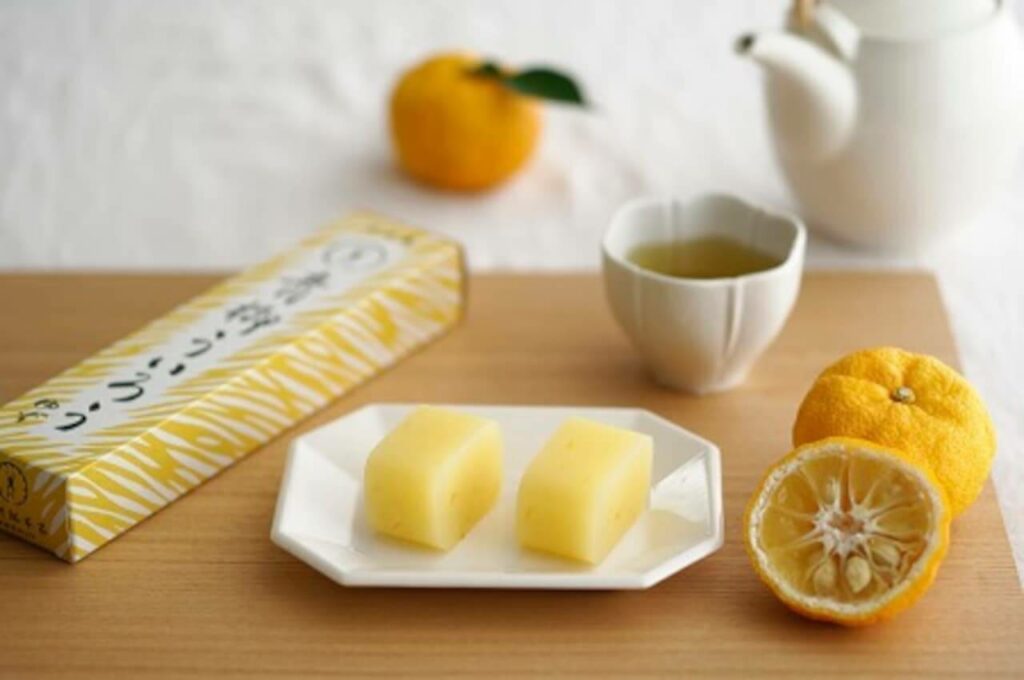
Furthermore, they also created a salt-infused version of uiro for athletes that has recently gained widespread popularity in Japan. Currently, there are numerous Aoyagi Souhonke branches throughout Nagoya.
Uiro (Kanagawa)
Uiro, a renowned Japanese confectionery shop in Kanagawa Prefecture, has become a local favorite due to its castle-like facade and offerings of coffee and traditional Japanese treats. While the shop initially only sold the medicinal variant of these sweets, it now also provides uiro in a pure confectionery form.
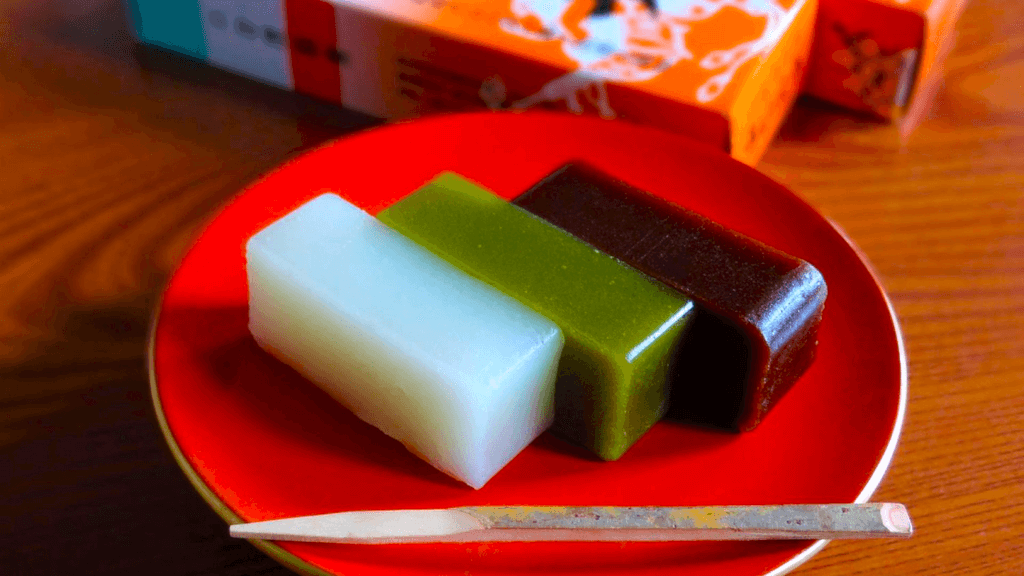
As a popular spot for travelers, this location is also an excellent choice for buying uiro products as souvenirs. These treats feature a sophisticated and fresh taste and a non-sticky texture.
Toraya Uiro Tobu (Tokyo)
Established in 1923, this store specializes in raw uiro cakes made using traditional production techniques. These steamed cakes are well known for their firm texture and subtle sweetness. Besides classic flavors like chestnut, azuki (red bean), and sakura, Toraya Uiro Tobu also offers famous seasonal limited-edition varieties such as summer’s watermelon uiro and autumn’s sweet potato uiro.
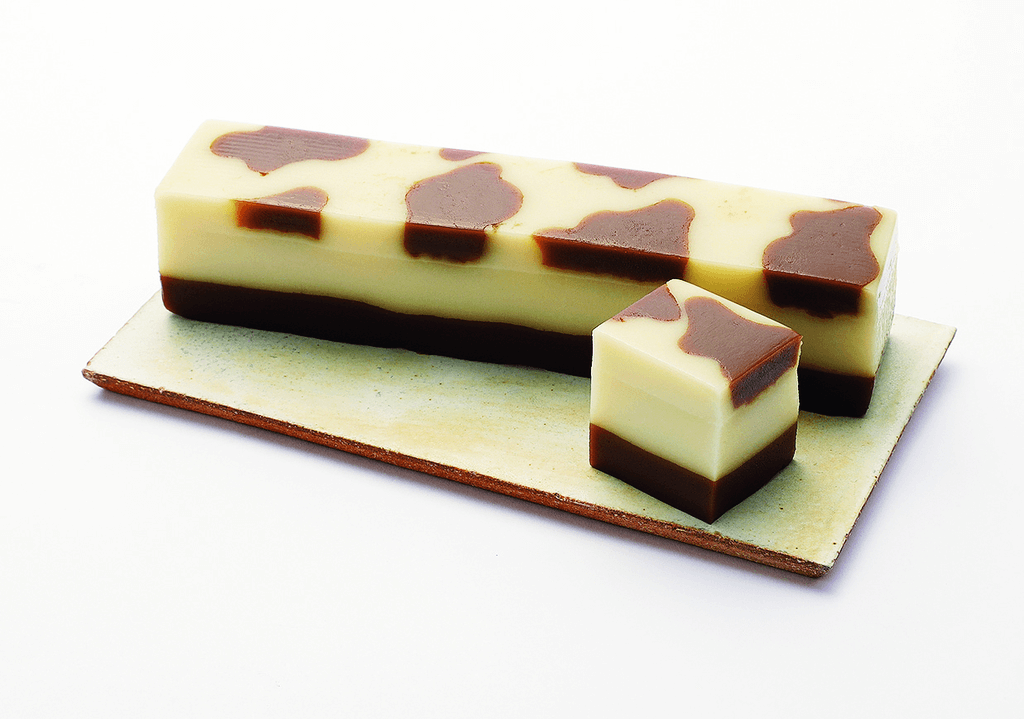
If you’re planning a trip to Japan, be sure to try uiro mochi for a taste of authentic Japanese cuisine. You can find this delectable cake in many areas of Japan, including Tokyo, Kyoto, and Osaka. Uiro mochi is often sold in souvenir shops and food markets, making it the perfect cultural gift for friends and family back home.
Whether you prefer the subtle sweetness of sakura or the bold flavor of matcha, there’s a uiro mochi flavor to suit every taste preference. Have you ever had uiro mochi before? Would you give it a try? Let us know in the comments below!

